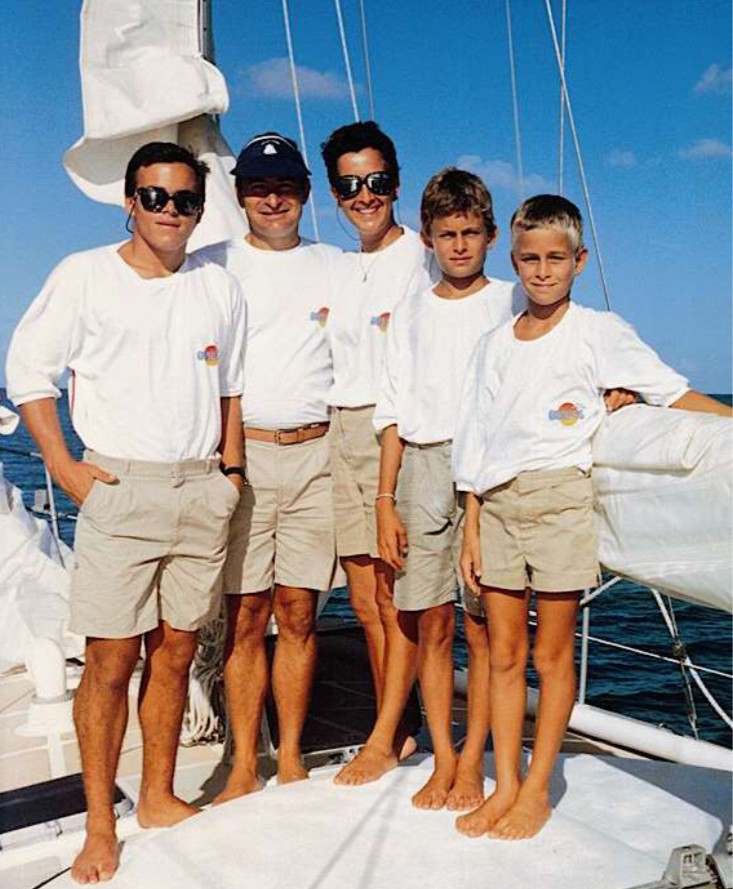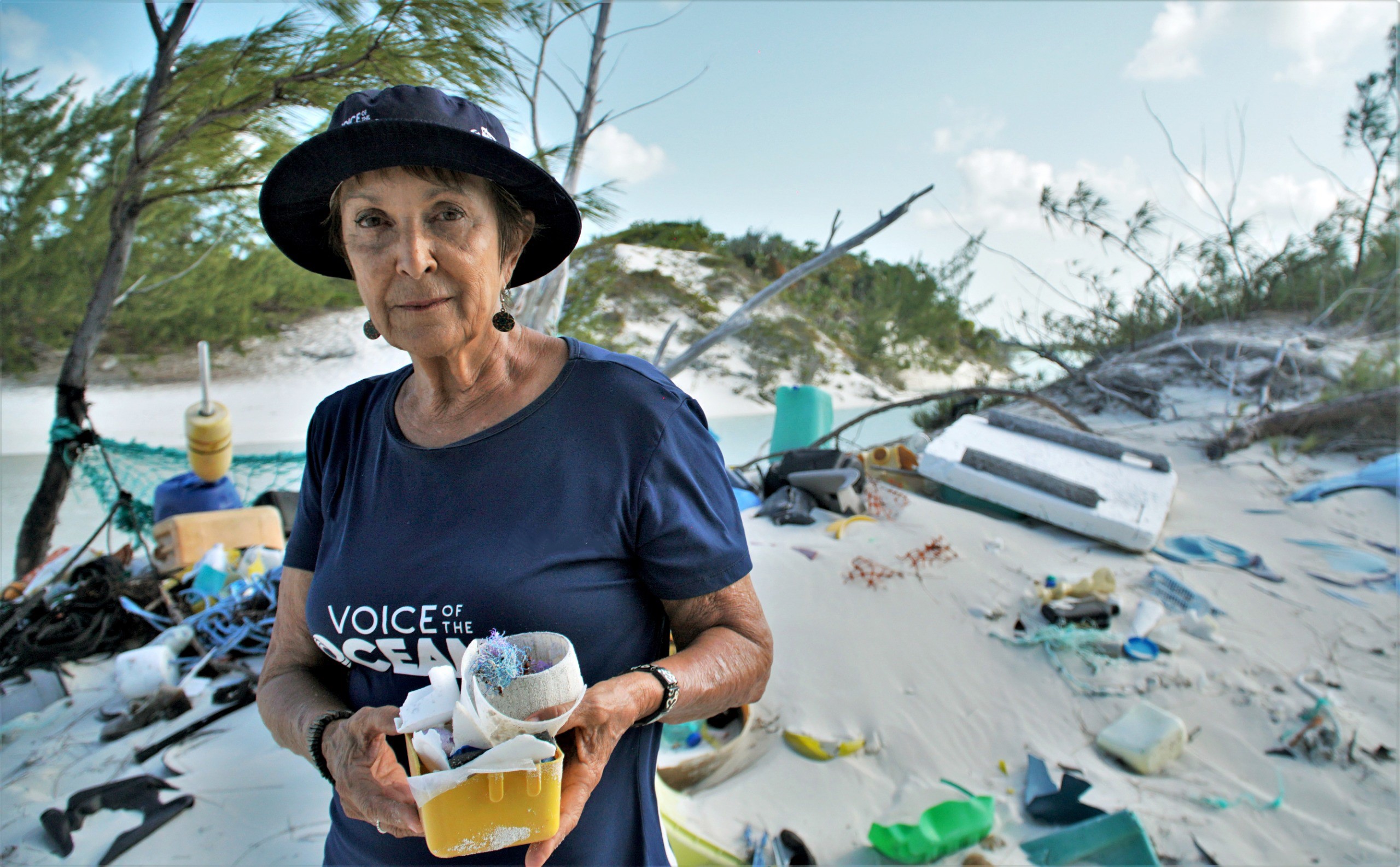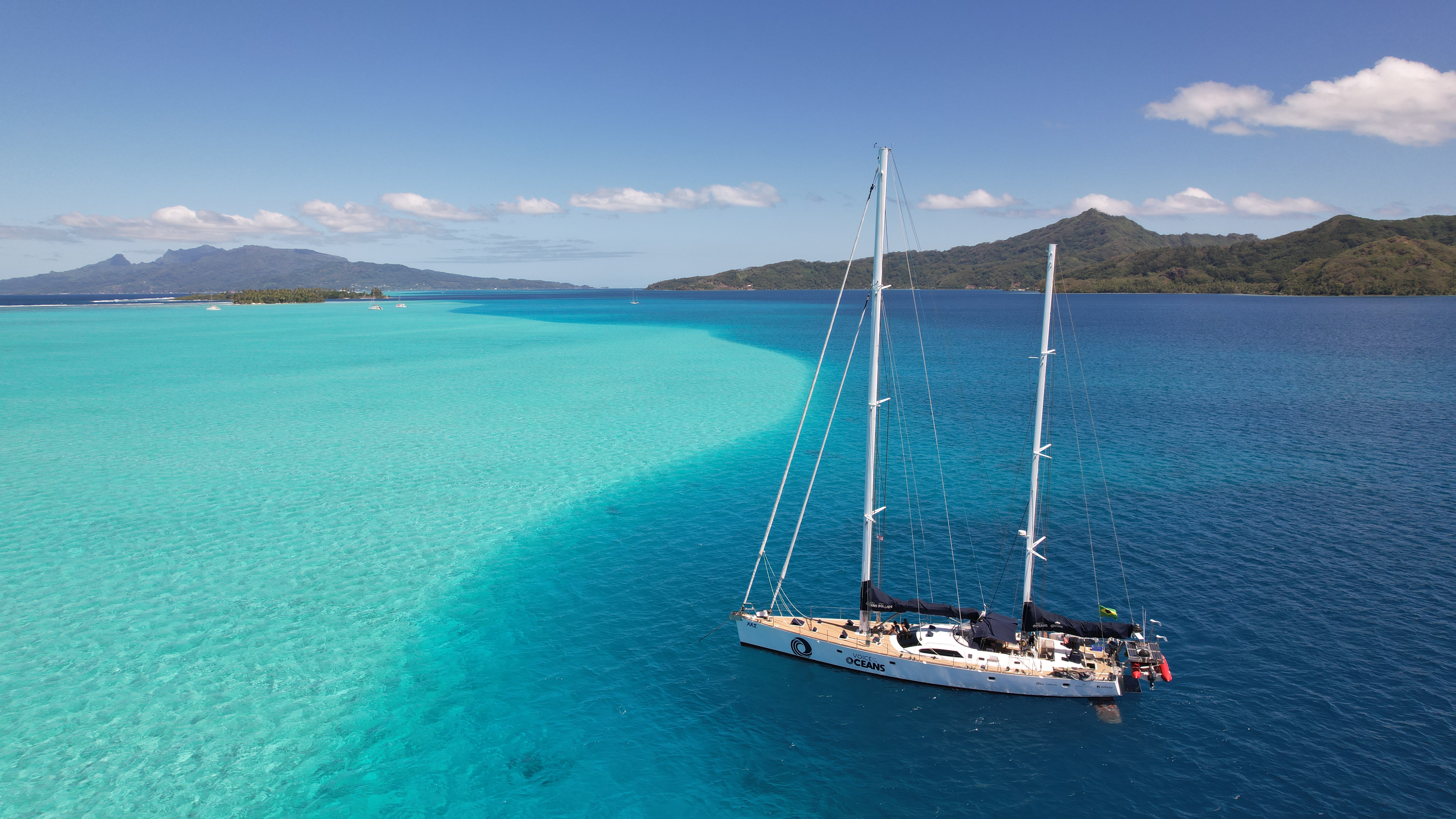Protecting the oceans is essential to tackling climate change, warns the co-founder of the Voice of the Oceans Institute
Ms. Heloisa Schurmann reflects on four decades of sustainable sailing expeditions and brings to COP30 a global call for marine conservation

By Heloisa Schurmann, Co-founder of Voice of the Oceans
Ready to set sail from Saint Helena, a small and isolated island in the middle of the Atlantic, I begin another voyage—not through the waves, but through the memories that brought us here. We are 3,000 kilometers away from Brazil, charting a clear course toward Belém, in the state of Pará. There, we will complete the first circumnavigation of the Voice of the Oceans initiative, celebrating with a series of activities at the Casa Vozes do Oceano during the 30th Conference of the Parties (COP30) to the United Nations Framework Convention on Climate Change.
But this first circumnavigation of our initiative is, for me, the fourth time around the world. It is impossible not to look back and recall how it all began: with the dream of a family that dared to trade the security of solid ground for the uncertainty—and the freedom—of the sea.
On 14 April 1984, after ten years of planning, Vilfredo and I, along with our children Pierre, David, and Wilhelm, set off in search of a new way of living. At the time, the boys were just 15, 10, and 7 years old. For the next ten years, the ocean would be our home, our school, our workplace, and our playground. When we returned to Brazil, we became the first Brazilian family to sail around the world on a sailboat.

Since then, the sea has become part of who we are. We spent decades sailing, discovering cultures, peoples, and landscapes that shaped our view of the planet. On board, I was able to teach and learn: first with my three older children, and then with my youngest, Kat, who grew up amid the sails and tides.
The oceans have always welcomed us with their vastness and generosity. But over time, that beauty began to share space with something deeply troubling. In the late 1990s, during our second voyage around the world, we arrived at the uninhabited Henderson Island, in the Pacific, only to be met with a scene we would never forget: a deserted island, yet covered in plastic waste from every corner of the planet.
Over the following years, the plastic invasion grew before our eyes—packaging, bottles, nets, and microplastics turning the seas into true dumping grounds of human neglect.
In 2016, during our third circumnavigation, the impact repeated—and worsened—on West Fayu, another remote Pacific island. Plastics from different countries and languages covered what should have been a pristine beach.

At that moment, we realized something much bigger was happening. The oceans were calling for help—and we needed to act.
That is how Voice of the Oceans was born—a global movement that began with a new maritime expedition, but whose purpose goes far beyond navigation. In August 2021, we launched from Santa Catarina aboard the sustainable sailboat Kat, sailing up the Brazilian coast to Pará. Along the way, we also navigated through the Amazon rivers, connecting sea and forest in a single message: everything is interconnected.
From there, we continued across international waters. Up to this point in Saint Helena, we have sailed through more than 140 destinations in 13 countries across South, Central, and North America, as well as Oceania, Asia, and Africa. In all of them—without exception—we have found the same hallmark of our era: plastic. Yet, we have also seen hope—communities, scientists, youth, and organizations taking action to reverse this scenario.
The oceans are far more than scenery: they are the true lungs of the planet, producing more than 50% of the oxygen we breathe. They are also vital regulators of the climate, and when they fall ill, the entire planet suffers. The floods in southern Brazil, the fires in the Midwest, and the growing number of extreme weather events worldwide are all signs of a system that has lost its balance.

That is why Voice of the Oceans is not just an expedition—it is a call. An invitation for every person, institution, and government to listen to what the sea has to say. We are bringing to Belém—and to COP30—not only data and alarming evidence, but also inspiring stories of those who chose to take action.
Because just as a small change in direction can alter the course of an entire journey, each gesture, each decision, each choice holds the power to transform the future of our Planet Ocean.
The opinions expressed in this article are those of the author.
English version: Trad. Bárbara Menezes.
Proofreading by Enrique Villamil.
